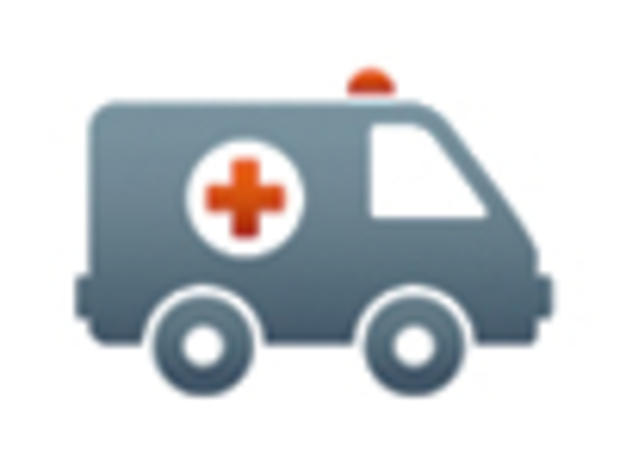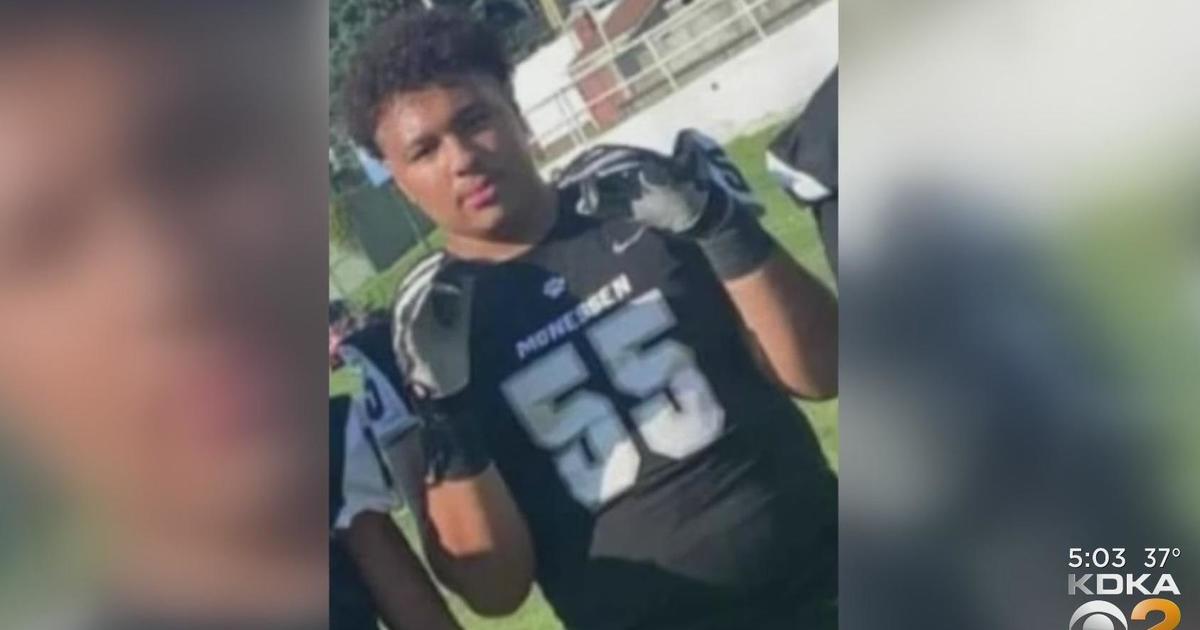How To Talk To Children About School Shooting
WebMD Medical News
Reviewed by Brunilda Nazario, MD
Dec. 14, 2012 -- As the nation grieves over the horror of the school shooting in Connecticut, parents across the U.S. -- both in Newtown, Conn., and elsewhere -- are struggling with how to help their children through this tragedy.
WebMD talked to Leslie Garrard, PsyD, a child psychologist at Miami Children's Hospital, and Melissa Brymer, PhD, director of terrorism and disaster programs at the UCLA-Duke National Center for Child Traumatic Stress. We asked for their best suggestions on what parents and others can do now to help children cope.
Q: What reactions should parents and other caregivers in Newtown expect from the children who have gone through this tragedy?
A: Kids can have a wide range of reactions, Garrard says. "Any exposure to trauma can have immediate reactions and lasting effects. Parents need to be very [mindful] and watch their children."
"Some kids withdraw, some are dismissive, although internally they are scared. Some cry and some are outwardly terrified. Some become depressed. Some just kind of shut down. Some might have nightmares and re-experience the traumatic events. ... They may be fearful of leaving their parents."
Q: What reactions are typical from children who didn't go through it, but watched news coverage or heard details about the tragedy?
They can also have [the same range of] reactions -- maybe not as strong, but they can also be impacted, Garrard says. "When watching it and seeing it on TV, it's very scary."
The American Academy of Pediatrics President Thomas McInerny, MD, says in a statement that if possible, "young children should not be exposed to the extensive media coverage of the event -- in other words, turn off the TV, computer, and other media devices."
Q: Is this age -- elementary school -- a particularly difficult one to experience trauma?
A: Yes, according to Garrard, because it affects emotional development and the way we view the world -- whether it's safe or not. But "I think kids are very resilient. They can learn to maneuver the world and get through and past things. However, they do need a lot of care to get through things.''
Q: What is the best thing parents can do now?
A: The most important thing parents can do is talk to their children, Garrard says. "Sit down with your child. Tell them a really bad thing has happened. Maybe they have already heard it on the news. Tell them, 'We need to talk about this.'"
See how they feel about it, Garrard says. You want them to share their feelings.
"Technology makes things a lot more complex," Brymer says. "They are getting information through Twitter feeds and Facebook. It's harder to keep up with what your kids are hearing. When we tweet, we hear something from someone and then you re-tweet. You can't fact-check when you tweet or post something on Facebook."
Clarify for them whether there are any misconceptions about what is read online, Brymer says.
Q: What strategies should parents avoid?
A: Try not to dismiss children's feelings, Garrard says. "Saying to kids, 'It will be OK, forget about it' -- I think parents say that a lot and think it will be helpful. They want the kids to forget and move on. It is not helpful because it does not validate a child's feelings."
"It goes back to letting children express their feeling whatever way they want -- drawing, crying, in whatever way. Expressing how they feel is extremely important."
Q: How to handle the return to school?
A: "Safety concerns are common right now, whether you are in the impacted area or around the country," Brymer says. "It's important to know about safety issues. Schools have emergency plans. Do you, as a parent, know what those are, or what the evacuation sites might be?''
Checking the school web site is wise, she says. "They are going to update information [after an emergency]."
"Have your own family emergency plan in order to communicate," Brymer says. "We know in times of crisis texting or updating your status on Facebook is sometimes more reliable than calling on the phone."
If your child is anxious about returning to school, talk through what should be done in an emergency, Brymer says. Tell them: If you are in a room and the danger is outside the door, lock the door. If there is a way to exit the danger area, exit.
Talking through a plan with your child may give them a better sense of control.
Q: What else can parents expect the school to do?
A: Usually schools will have group sessions to talk if the kids are frightened. Parents can always reach out to a [school] counselor if they are frightened or if their kids are frightened.
This is a process, and it may be very difficult for some children to go back to school. It takes time.
Q: When should a parent seek professional help for their child?
A: ''If the reaction lasts longer than a month or [is] so significant it is impacting their daily functioning, I think it is important to reach out to a professional,'' Garrard says. Brymer agrees.
That professional can be a psychologist, a mental health therapist, a school guidance counselor, or a pediatrician, Garrard says.
Q: Any other advice?
A: Reach out to people of any age who are struggling with the news, Brymer says. It can be comforting for everyone. She knows firsthand. "I just got a text from my niece in Connecticut. It said, 'I love you, Auntie.'''




